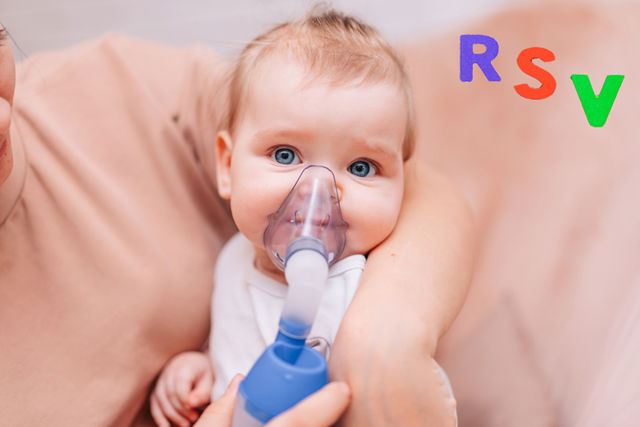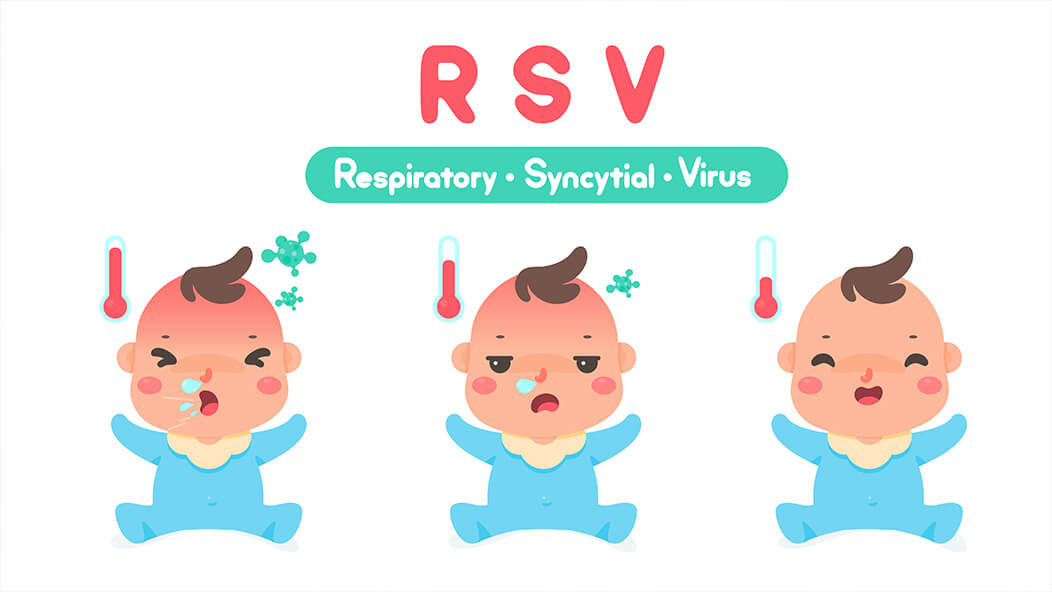How Long Does RSV Last
How Long Does RSV Last – The winter season of 2022 – 2023 Has been one of the toughest seasons for the United States. We are struggling with 3 different viruses and a huge winter storm.
The Centers for Disease Control and Prevention has been warning Americans to ensure their safety during the tough times, Where different viruses, along with winter storms, have been impacting the lives of millions of Americans.
Till now, you might have heard everything about COVID-19 and the flu, As most debates are focusing on both viruses. Today, we are here to help you understand everything regarding Respiratory syncytial virus (RSV).
Most people are not aware that 3 viruses have started Spreading in the United States. Respiratory syncytial virus (RSV) is probably the underrated virus. If you are also worried about it, then you do not have to worry about anything, as we are going to discuss how long RSV lasts.
Right knowledge regarding any disease can help you prevent it in the first place and find the best treatment to ensure your safety. We will discuss the whole timeline of the infection of RSV.
The Incubation Period of RSV Infection
When it comes to the timeline of viruses and infections, the first thing we should be learning about is the incubation period of the virus.
The incubation period of any virus or infection is the time between a person getting exposed to the virus and the development of the symptoms associated with the condition. The incubation period can be different for individuals out there, and the Centers for Disease Control and Prevention suggest everyone learn about it to ensure protection against the virus.
The infection of the Respiratory syncytial virus (RSV) is 4 to 6 days. That means that a person who has been exposed to the virus won’t develop symptoms until the 4th day of the exposure.
This incubation period can be a little bit longer for people who are healthy and shorter for people who are already struggling with any other medical conditions.
Some studies have proved that the incubation period of Respiratory syncytial virus (RSV) can be as low as 2 days in people who are immunocompromised.
For more information on the incubation period of the virus, I would highly recommend you consult with their healthcare provider. Your healthcare provider is going to consider several things, including your previous medical history and current condition.
Duration of the Symptoms of RSV Infection
Once a person has surpassed the incubation period of the virus, it is time for the symptoms. Similar to the incubation period of the virus, the duration of symptoms can also be a little bit different depending on the type of the Virus.
The duration of symptoms can be longer or shorter depending on the current medical condition of the patient, as per the Centers for Disease Control and prevention of the United States.
The duration of symptoms of RSV is about one to 3 weeks, as per the Centers for Disease control and prevention.
Most people will get better from the infection within the first 2 weeks, and those people might not even require any medicine or medical assistance to recover from The below-given symptoms.
General Symptoms of the Virus
You might be surprised to know that most symptoms associated with the infection are also similar to cold and COVID-19.
That is why healthcare experts around the world suggest everyone not to self-diagnose themselves for any disease. The peak season of COVID-19, flu, general cold, and RSV are the same.
Healthy kids and adults can easily recover from the general symptoms without even any medicine or medical assistance. Still, the Centre for Disease Control and Prevention suggest everyone consult the infection their healthcare provider.
If you have been exposed to the virus, then there is a high probability that after 2 to 3 days, you will start developing below given symptoms of RSV.
- Dry cough
- low-grade fever
- Sore throat
- sneezing
- headache
- congested nose
Apart from the above-given list, the Centers for Disease Control and Prevention also believe that the infection of Rsv can also cause severe symptoms where the patient can start experiencing below given symptoms.

- High-grade fever
- Severe Cough
- Rapid breathing
- Wheezing
- difficulty while breathing
- Discolored skin
When it comes to the severe infection of RSV, you should be very well aware that it can also cause problems like pneumonia and bronchitis. Both of these conditions are known to cause left-threatening conditions, and you should never ignore any of the above, given the severe symptoms of the virus.
Usually, people require medicine and medical assistance to recover from the severe symptoms of the virus.
What is the Total RSV Contagious Period?
To recover from the infection of RSV as early as possible, you need to learn about the whole RSV Contagious period.
As you are already aware, every person who has been exposed to the virus will take around 4 to 6 days to develop the symptoms of the virus. It is known as the incubation period of RSV.
A person who has been exposed to the virus will start developing the symptoms associated with the virus after the 4th to 6th day. The infection of the virus is going to stay in the system for around one to 3 weeks.
Most people recover within the first 2 weeks, but people with compromised immune systems can take 3 or more weeks to successfully recover from the condition.
A healthy adult, without any other medical condition, can successfully recover from the infection within 3 weeks, Including the incubation period of the virus.
At the same time, individuals in the high-risk category who are going to develop severe symptoms of the virus might have to spend a little bit longer time to successfully recover from the infection.
There is no fixed timeline or contagious Period For those patients. For more information on the total contagious periods of people with severe infection, we highly recommend everyone consult it with their healthcare provider.
When to Consult a doctor for RSV Infection?
Healthcare providers around the world, so just everyone who has been infected with the virus, should consult with their healthcare provider as early as possible.
Everyone in this world can catch an infection of RSV, and it is your responsibility to ensure your safety against the severe infection of the virus.
Yes, the Centers for Disease Control and Prevention have released a list of categories where people are more vulnerable to developing severe symptoms, but you never know when general infection of the virus can become severe.
Everyone should seek immediate medical assistance if you or anyone in your family starts developing symptoms such as difficulty breathing, high-grade fever, and discolored skin.
At the same time, if you or anyone in your family fall in the below given high-risk categories, then you should consult the probability of severe infection and treatment with your healthcare provider as early as the diagnosis.
- Every infant below the age of 12 months is in the most vulnerable category.
- Every premature infant or baby as young as 5 years also falls in a similar category.
- Kids with heart disease or lung disease are also in the high-risk category, and Day should take good precautions to prevent the infection.
- Everyone with a weak immune system is in the high-risk category. People struggling with cancer or any chronic disease should take good care of themselves.
- Everyone above the age of 65 also belongs to a similar category.
If you fall in any of the above-given categories, then you should call your healthcare provider As soon as you receive your test results.
What are the Treatment options for RSV Infection?
The treatment of RSV infection usually involves self-care measures along with some over-the-counter medicine.
When you consult your healthcare provider for the treatment of RSV infection, your healthcare provider is going to suggest you go for some supportive care and home remedies.
First of all, you will have to focus on rest. If you or anyone in your family has been infected with the virus, then the patient should focus on getting as much rest as possible.
Apart from that, the patient should also try to drink plenty of fluids to stay hydrated even with a high fever. Healthcare providers might just ask their patients to go with some over-the-counter medicines such as Tylenol to reduce the fever and nasal saline drops to clear a stuffy nose.
How to prevent RSV infection?
The best way to prevent RSV infection is not to touch any object whenever you are in public places. You should always carry a hand sanitizer and alcohol-based Wipes to prevent the infection. The virus can survive for hours without a Host, and it can enter your system from non-living things as well.
